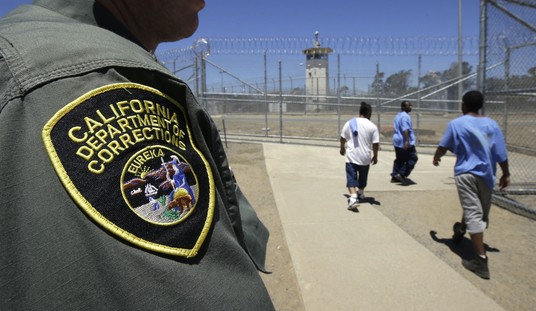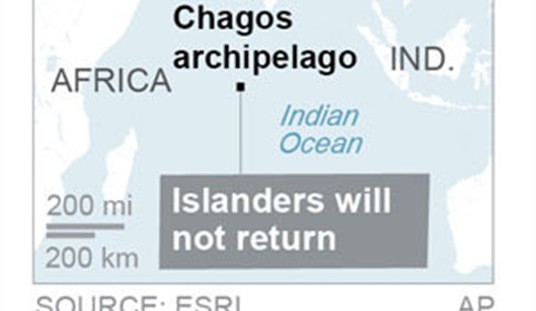The state of Washington may soon join the Republican wave that appears ready to crash nationwide, dealing a serious blow to Democrats’ hopes of holding the Senate. In two polls this morning, Dino Rossi has moved ahead of incumbent Senator Patty Murray in a race that Democrats thought was reasonably safe even in a bad midterm cycle. First, Chris Cillizza links to a new Republican poll showing a six-point lead for the Republican, with Murray at only 42% (via Redstate):
The survey, conducted by Fabrizio, McLaughlin and Associates for the conservative-aligned American Action Forum, showed Rossi leading Murray 48 percent to 42 percent among likely voters. The results indicate that the race has shifted in Rossi’s favor since June, when the same pollster’s survey showed the candidates tied at 46 percent apiece. …
According to the Fabrizio survey, 45 percent of likely voters view Murray favorably, compared with 45 percent who view her unfavorably. That’s not far off from Rossi’s ratings; 46 percent of likely voters viewed him favorably while 41 percent viewed him unfavorably.
The number of voters saying that it’s time to elect a new senator in the GOP survey has ticked up slightly since the summer. In June, 46 percent of those surveyed said it’s time to give a new person a chance. Now, 51 percent of voters say the same thing, while 39 percent say that Murray deserves re-election.
That poll showed a 45/42 Republican lead in a generic Senate race, but also a 51/39 preference for a new Senator rather than an incumbent. Cillizza’s report leaves the impression that this question mentioned Murray specifically, which it didn’t. Murray’s job approval has gone underwater at 45/48, as has Barack Obama’s at 45/50.
However, the sample could be called into question, as the poll only has 28% Democrats, as opposed to 27% Republicans and 37% independents. Offhand, I’d believe that Democrats have a partisan advantage greater than a single point — and in previous polls by the same pollster, Democrats had a +5 in July and a +7 in June. That could account for the polling change, although voters could possibly be making that big of a shift away from the Democratic Party, although it’s unlikely.
Rasmussen shows Rossi moving ahead as well, though to a smaller degree:
Republican challenger Dino Rossi has edged slightly ahead of incumbent Democrat Patty Murray in Washington’s U.S. Senate race.
A new Rasmussen Reports telephone survey of Likely Voters in Washington shows Rossi with 49% of the vote, while Murray’s support stands at 46%. Three percent (3%) prefer some other candidate in the race, and two percent (2%) are undecided.
This sample looks much closer to reality in the Democratic stronghold of Washington, and perhaps slightly too generous for Democrats. The D/R/I partisan split here is 37/29/33, an eight-point advantage for Democrats, which seems a bit wide for a likely-voter model this cycle. It serves well, however, in a comparison with the first poll, as it shows actual momentum in the race.
The difference in this race is the independents. Rossi wins them by 18 points, 55/37, with leaners, and 53/36 without. Both candidates hold their party well (92% for Rossi, 86% for Murray). Rossi wins or splits every age demographic except 50-64YOs, where he trails within the MOE, 47/50, and blows Murray away with thirtysomethings, 53/39.
Only 79% of voters are certain of their vote (67% of independents), so these numbers could change — but it’s tough to see them breaking for Murray. Rossi has higher favorables, 52/47 to 49/51. Repealing ObamaCare is narrowly supported by Washington’s likely voters, 50/47, and the mandate is more strongly opposed, 53/43. Only 6% of the voters rate the economy as “good” (none rate it “excellent”) with 54% rating it “poor.” Two thirds think it’s getting worse or not improving. Sixty percent think that Porkulus either hurt the economy or had no impact at all.
I’d rely on the Rasmussen number more than FMA, but both point to momentum, and show why Murray is not in position to win voters back.








Join the conversation as a VIP Member